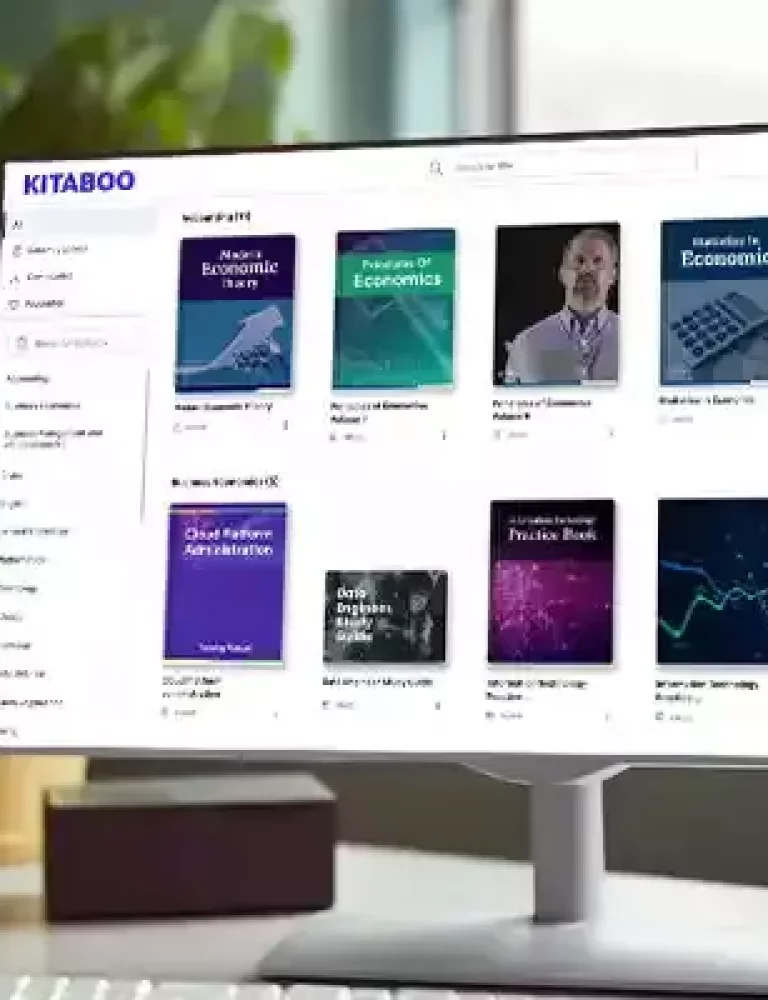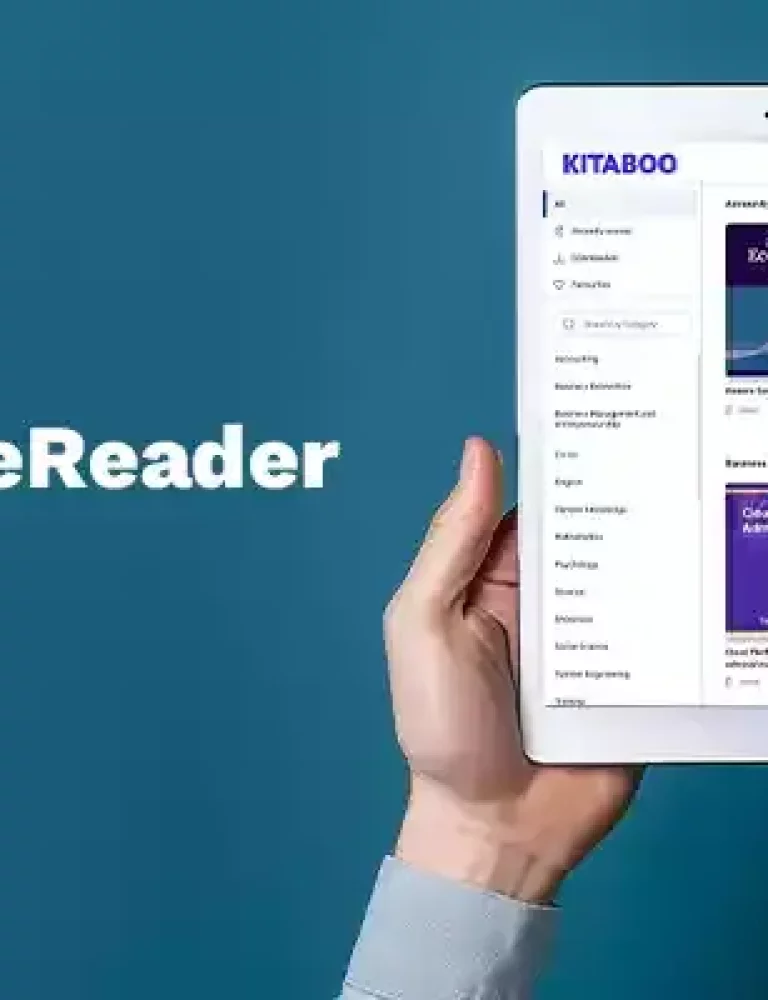Increasingly, libraries are transitioning their physical books to digital formats. This trend gained greater momentum on the back of the COVID19 pandemic that greatly restricted physical movement. During the time of stringent lockdowns, several public libraries witnessed an exponential rise in interest in their eBooks, sometimes even leading to an increase in wait times for the more popular titles. In response, several libraries were motivated to digitize their collections.
What are digital libraries?
Digital libraries are online sites that are dedicated to creating and preserving electronic or eBook collections and other audio-visual materials which end-users can access without having to make a purchase. Digital libraries involve the participation of several stakeholders and intermediate institutions including those that secure the rights from the publishers to transform and distribute the physical books into digital formats by using eBook library software. In some cases, they may obtain complete copyright of the content and in other cases the rights to just access the material subject to certain conditions. Digital libraries are becoming increasingly popular because they contain digital content primarily in the open-access format, and offer ease of access and great networking opportunities.
In order to ensure smooth access to their content, libraries in schools, colleges, and higher education are also digitizing their content and providing authorized access to their end-users. This trend of digitizing content is not restricted to schools and colleges, public libraries too are using eBook library software to digitize their content. By digitizing their content, libraries can offer ease of access to their users, expand their audience reach beyond boundaries and even monetize their content, and thus, generate more revenue.
What is Digital Content Monetization?
Here, in this article, we look at how digital libraries can monetize their content and generate revenue. Digital libraries allow users to search and browse through a comprehensive online catalogue that includes eBooks, audiobooks, and other related digital material. Users can search for books of interest-based on title or author, as is the case with physical libraries. However, digital libraries go beyond that in that they leverage digital technologies such as Artificial Intelligence to recommend additional titles that are similar to what the reader is looking for. To illustrate this with an example, some digital libraries offer features such as a physical touchscreen that lets the end-users know if the eBooks and audiobooks they are searching for are available, and then discover the titles they can get and download for use instantly.
Related read: 5 Ways Digital Publishers can Benefit from eBooks
To better understand the concept of content monetization for the digital library, it is first important to understand how digital content is monetized. We are all familiar with online VOD platforms such as Netflix and Amazon Prime. People have to pay a subscription fee to access the content. Similarly, digital libraries too can monetize their content through several strategies. For this, they would have to first convert their physical assets into digital ones using eBook library software. Several libraries have been facing challenging times with the financial downturn and the pandemic. By going digital, libraries can generate more income from their digital assets.
How to monetize digital library content?
Subscription fees: The most significant source of revenue for digital libraries comes from the subscription fees they derive from providing access to the digital catalogue of eBooks and audio books. This format is similar to that followed by the VOD platforms that derive their revenue from subscriptions.
Monetize archive content: Archive content is of great use to people conducting research as it allows them to transform historical content into up-to-date knowledge. Most libraries have old archive content lying unused and occupying shelf space. By digitizing this content using eBook library software, you can use it as a source of additional revenue.
Service-based fees: Another avenue for content monetization for digital libraries is to offer additional value-added services that greatly enhance the readers’ experience. One way to achieve this is via the Software-as-a-Service (SaaS) model. With this model, you can charge an initial setup fee for customized services and also offer ongoing customer support, dashboards, and reports and analysis, as required by the readers.
Related read: Top 10 Advantages of eBooks over Printed Books
Benefit from an extended audience: Unlike physical libraries, digital libraries can extend their audience reach beyond geographies. People can access your catalogue and buy subscriptions in any corner of the world. Besides, you can also customize your collection to suit the audience of different countries, similar to the VOD platforms that offer universal and localized content to meet the tastes of their audience.
Online advertising: While AdBlock is becoming increasingly common, online advertising still remains a popular means to draw in a new audience. If the ads are non-distractive, appear on related pages, and are adjusted to what the readers are interested in, you will be able to attract more readers to your digital library.
Conclusion
With content getting digital, it is important for libraries to digitize their physical assets. This may seem a Herculean task given that vast repository of content to digitize, but it is here that eBook library software comes to aid. As a case point, KITABOO is an online platform to create and deliver exciting eBook-reading experiences to the readers, securely and at scale. This eBook library software will scan your physical documents and then create and maintain the digital collection.
A digitized library is the need of the hour considering that it helps to protect original content while at the same time also providing ease of access to online catalogues and other resources through the Internet. Unlike physical libraries, digital libraries can increase their reach beyond borders and tap from an additional source of revenue.
During the pandemic-induced lockdown, several book stores and libraries shifted their services online by first digitizing their physical assets. KITABOO has helped several libraries to digitize their books and open their precious collection, both new and historic, to the public, thereby allowing readers, scholars, educators, and students to continue their work uninterrupted while also enabling libraries to monetize their content to improve their bottom line.
Contact our expert team now and get started!
To know more, please write to us at KITABOO@hurix.com
Suggested Reads:
Discover How An Ebook Conversion, Publishing & Distribution Platform Can Help You
Kitaboo is a cloud-based content platform to create-publish & securely distribute interactive mobile-ready ebooks.
You May Also Like









